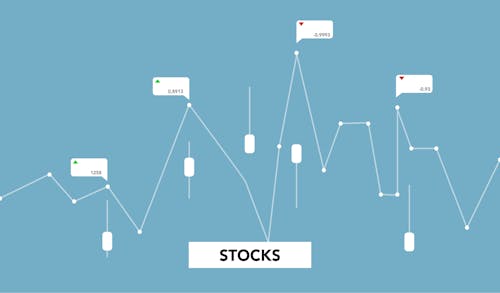Berkshire Hathaway Is A Counter-Cyclical Asset

Image Source: Pexels
Although Berkshire Hathaway has slightly underperformed the S&P 500 over the past 10 years and has approximately equaled it over the past 20 years, it has substantially outperformed this benchmark in each of the six years since 2000 that the S&P 500 had negative returns with dividends included.
In 2000, 2001, 2002, 2008, 2018, and 2022, the S&P 500 had an average return of -17.1% as compared to +7.2% for Berkshire Hathaway. Not only has Berkshire Hathaway approximated the performance of the S&P 500 in recent years, it has also performed as a counter-cyclical asset in each of the years that the S&P 500 registered negative total returns.
Year Berkshire Hathaway S&P 500 (with Dividends included)
2000 +26.6% -9.1%
2001 +6.5% -11.9%
2002 -3.8% -22.1%
2008 -31.8% -37.0%
2018 +2.8% -4.4%
2022 +4.0% -18.1%
Average +7.2% -17.1%
More By This Author:
2023 Percentage Returns To 5 Largest Stocks, Saturday, Nov. 45 Highlights Of Berkshire Hathaway’s 2023 Third Quarter Earnings Report
2023 Percentage Returns Of The 5 Largest Stocks - Saturday, September 30



